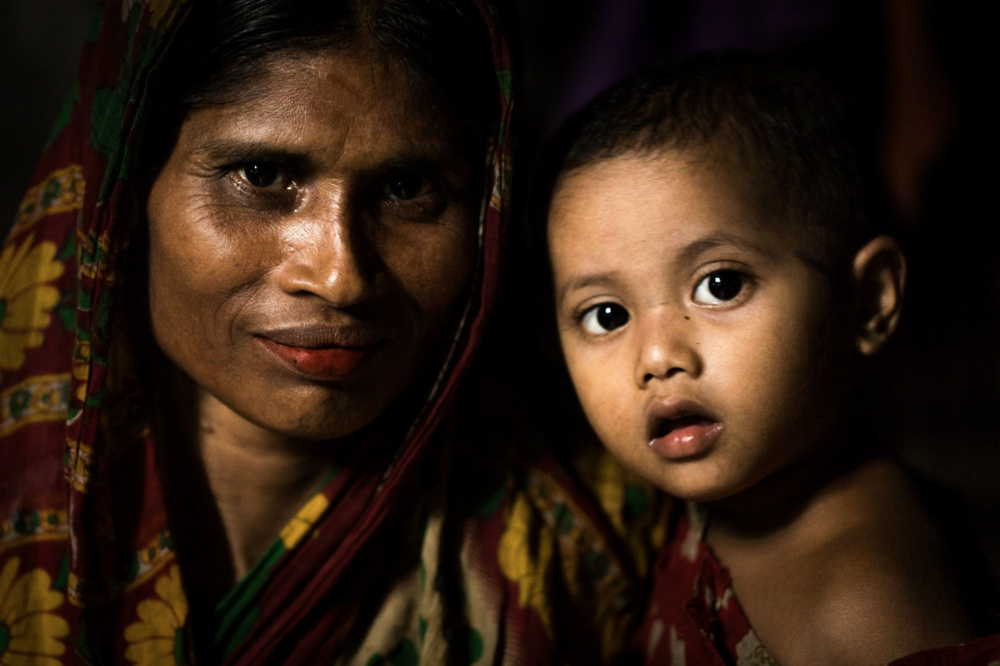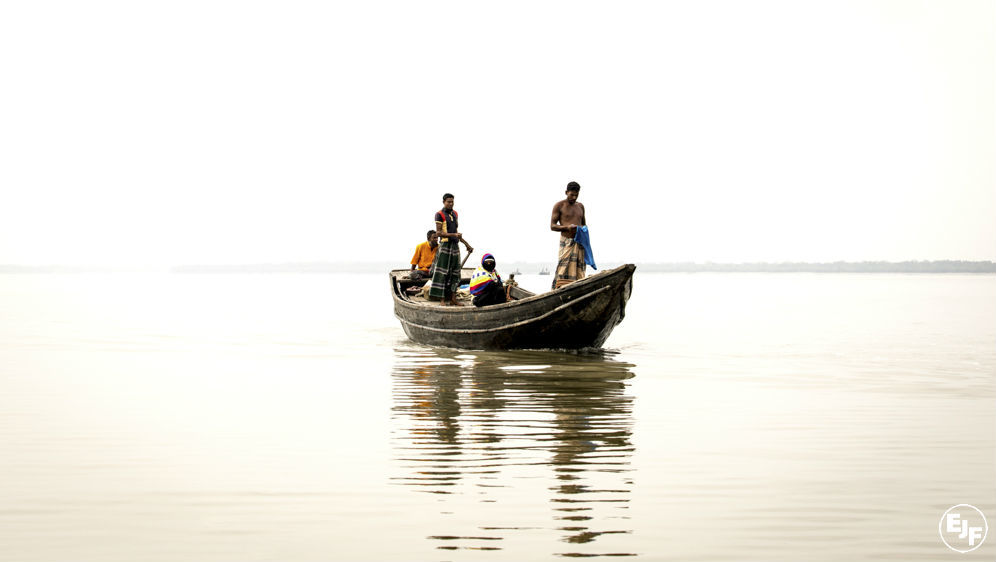
Climate talks must respect and consider climate refugees
As climate talks in Bonn enter the second week, discussions of migration and displacement have been welcomed by the Environmental Justice Foundation.
EJF believes climate change is a human rights issue, and needs to be approached as such. Since 2008, over 21 million people have been displaced, on average, every year by weather-related hazards, which are magnifying and multiplying due to climate change. That’s around 59,000 people every day - or 41 people every single minute who are forced to migrate. Millions more have been forced to leave their homes due to prolonged droughts and their devastating impacts.
The Conference of the Parties, or COP 23, is this year hosted by Fiji and being held in Bonn, Germany. The discussions have promised to bring in concrete actions to implement the Paris Agreement that came into force in 2016: the Fijian presidency encouraging “Talanoa Dialogue” based on a Fijian storytelling tradition that builds empathy and trust as the basis for decision-making.
Steve Trent, EJF’s Executive Director said:
‘What is important now is a global consensus to create unified global action. When it comes to acknowledging climate change, it is a disgrace to see the USA isolated - this is both a failure of responsibility and a failure to lead.’
As Syria last week signed the Paris Agreement, the USA is now the only country to be outside of the accord, despite government representation at the talks in Bonn. Implementing the agreements made in Paris are vital to ensuring the worst effects of climate change are avoided.
The people suffering from the effects of climate change are most often those who had the least to do with causing the problem. Climate change is now a matter of human rights and environmental justice. The talks in Bonn must conclude this week with concrete actions to take forward the strong commitments to mitigate against climate change that were made in Paris. Whilst mitigation - reducing our global carbon footprint is essential, we need to acknowledge the need to develop legal protections for those suffering the consequences that irreversible climate change presents.
Trent continues:
‘It is positive to see the EU developing leadership in these discussions. Yet more must be done to combat climate change and, crucially, action must be agreed to protect climate refugees.’
EJF believes climate change needs to be addressed as a human rights issue. As millions are forced to flee from their homes, legal protection for those suffering needs to be agreed and implemented.
We are calling on EU leaders to put the protection of climate refugees on the global agenda, and to ensure that climate change discussions are human rights discussions.
It is time to tell our leaders to act. To tell them that they must act with boldness, vision and determination. We must meet and exceed the goals laid out in the Paris Agreement. We must work together to achieve this - because already for millions it is too late, they are already on the move. For millions more the threat that they, too, will become climate refugees is a clear and present danger.
- Sign our petition and help give a voice to climate refugees
SIGN UP FOR OUR EMAILS AND STAY UP TO DATE WITH EJF
